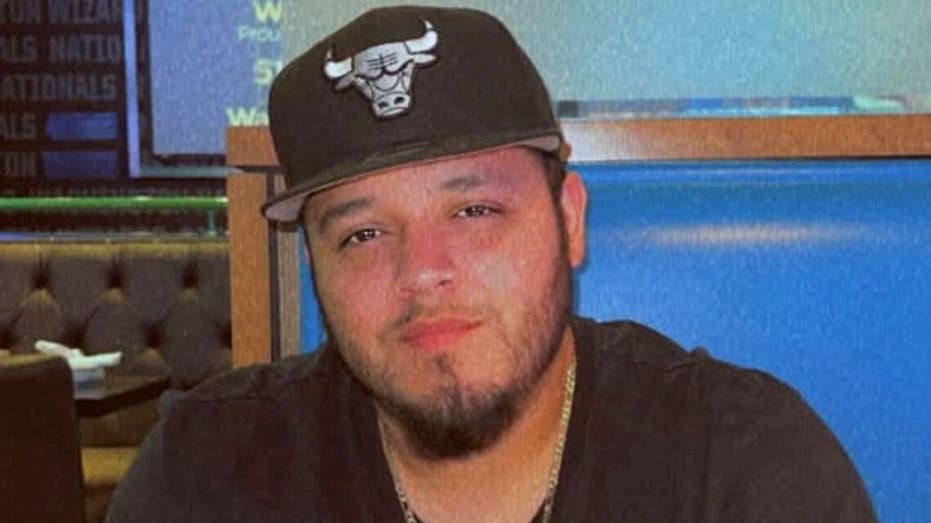Kilmar Abrego Garcia Returns to U.S. to Face Migrant Smuggling Charges
Salvadoran national Kilmar Abrego Garcia returns to the U.S. to face federal charges linked to migrant smuggling and MS-13 ties, ABC News reports.

A Salvadoran national previously deported under the Trump administration is headed back to the United States after being named in a sweeping federal indictment. Kilmar Abrego Garcia, 29, now faces criminal charges in Tennessee, accused of orchestrating a years-long conspiracy to smuggle illegal migrants—including some with suspected ties to the violent MS-13 gang—across the country.
Federal prosecutors allege that Abrego Garcia was at the center of a well-organized operation moving immigrants from the Texas border to inland states. The indictment, recently unsealed by the court, details how the network allegedly transported dozens, including children, in dangerous conditions and for significant profit. Authorities say the scheme spanned nearly a decade, raising serious concerns about the extent of illegal trafficking networks operating within the U.S.
The case against Abrego Garcia gained traction following a 2022 traffic stop by Tennessee Highway Patrol. Bodycam footage shows troopers stopping Garcia for speeding and discovering eight undocumented men packed inside his vehicle. Officers noted suspicious behavior and found $1,400 in cash, prompting them to run his name through the National Crime Information Center. The system flagged Garcia with a gang or terrorism alert, further deepening law enforcement’s suspicions.
Despite these alarming findings, Immigration and Customs Enforcement (ICE) never responded to the scene. The absence of immediate immigration enforcement action after the traffic stop has drawn renewed attention as the details of the case emerge.
The controversy intensified earlier this year when Abrego Garcia was deported to El Salvador—a move that sparked outrage among progressive politicians who argued the removal violated his rights and failed to address his alleged criminal activity. However, officials under the Trump administration maintained that his expulsion was justified, citing his purported affiliations with MS-13. Defense attorneys have vigorously denied any gang connections, stating that their client is being unfairly targeted by overzealous prosecutors.
In a dramatic turn, high-level diplomatic negotiations have reportedly taken place to return Abrego Garcia to the U.S. for prosecution. U.S. Secretary of State Marco Rubio is said to be directly involved in talks with El Salvador's President Nayib Bukele to arrange the extradition. After his deportation, Abrego Garcia was held in El Salvador’s notorious CECOT mega-prison, despite a previous court order blocking his removal due to alleged fears of persecution in his home country.
The Department of Homeland Security has asserted that individuals like Abrego Garcia, accused of facilitating human trafficking and connected to violent gangs, will not be permitted to endanger American communities again. As the legal process unfolds, the case continues to spotlight the complex intersection of immigration policy, transnational crime, and international cooperation between the U.S. and Central American governments.




